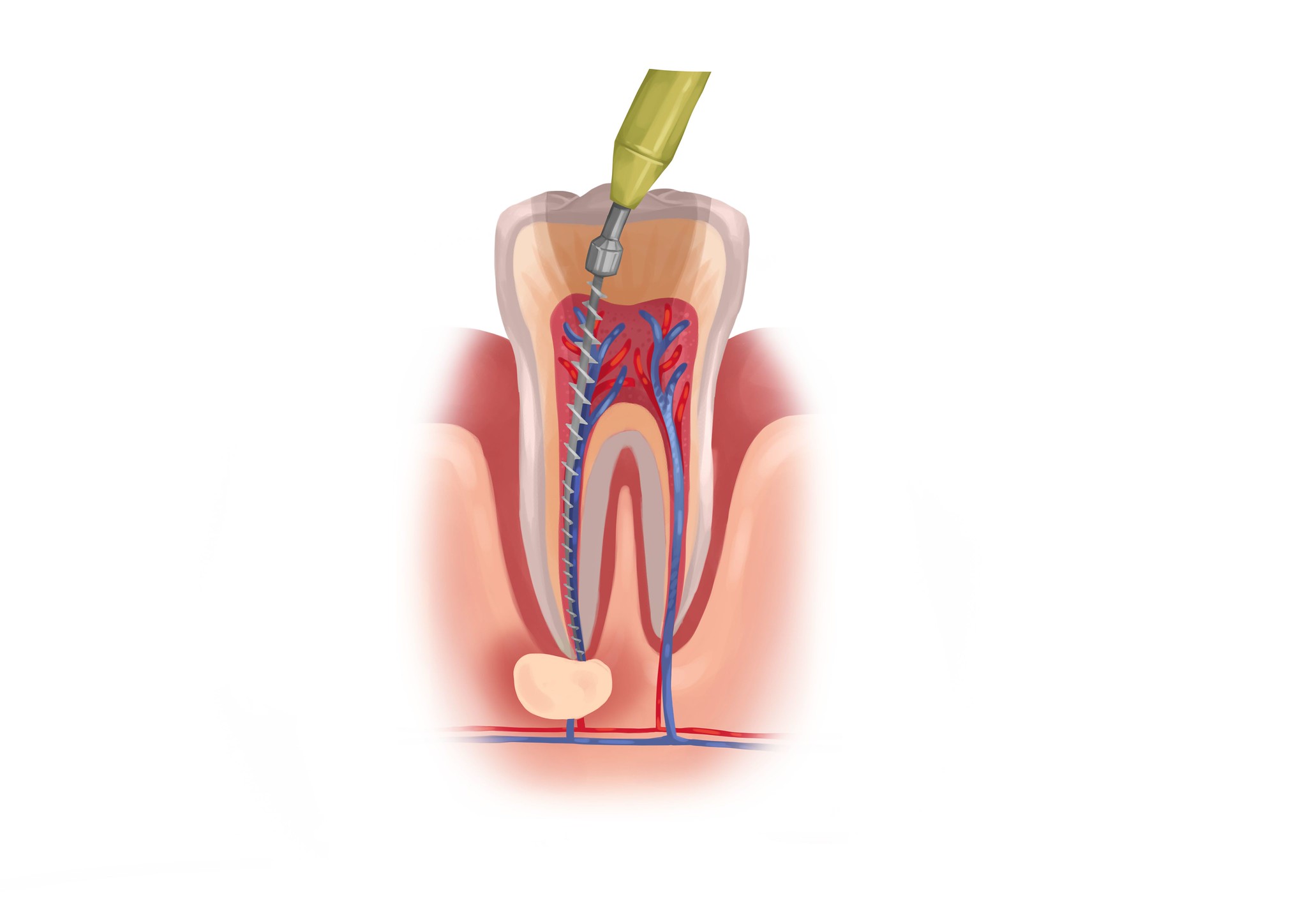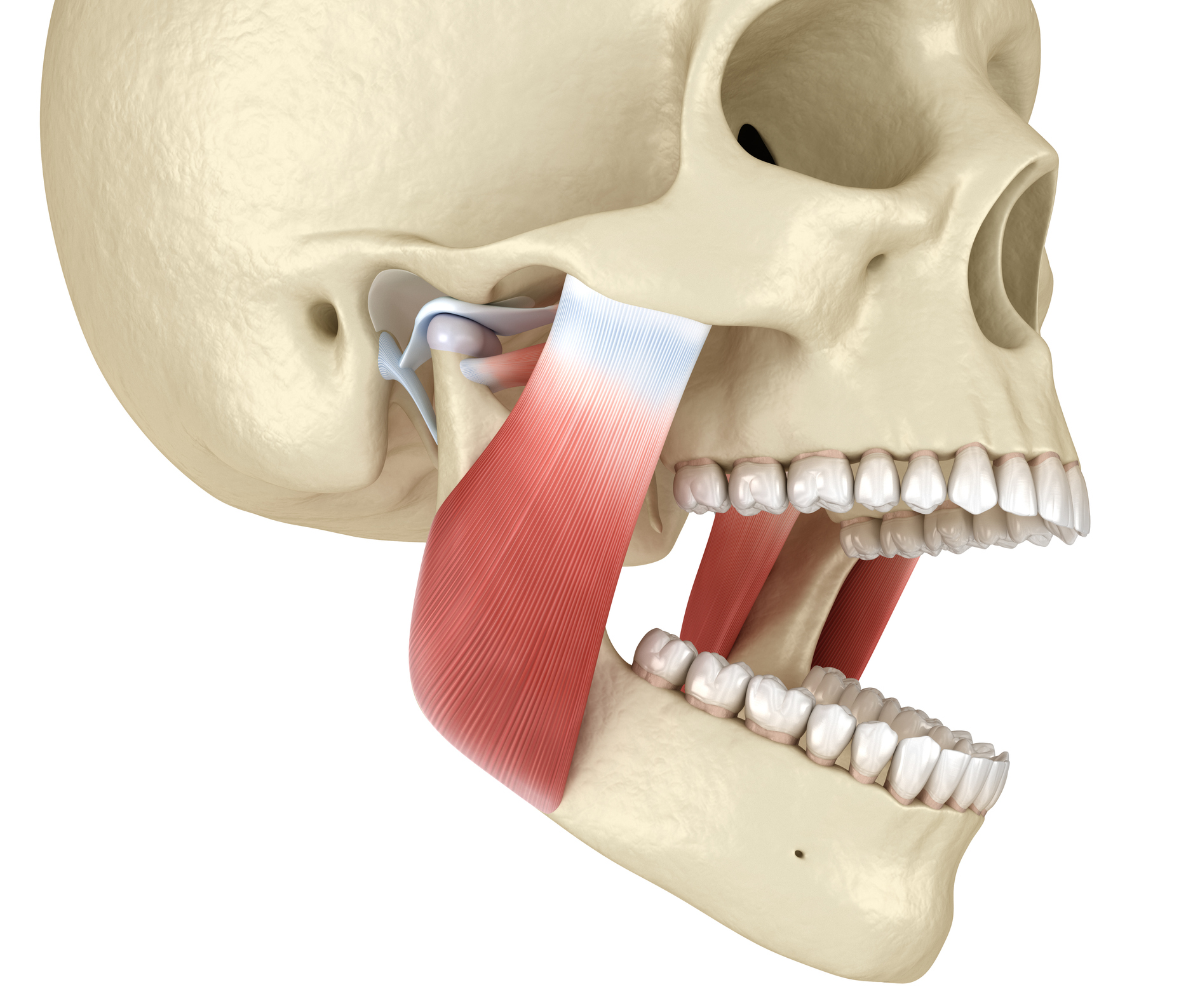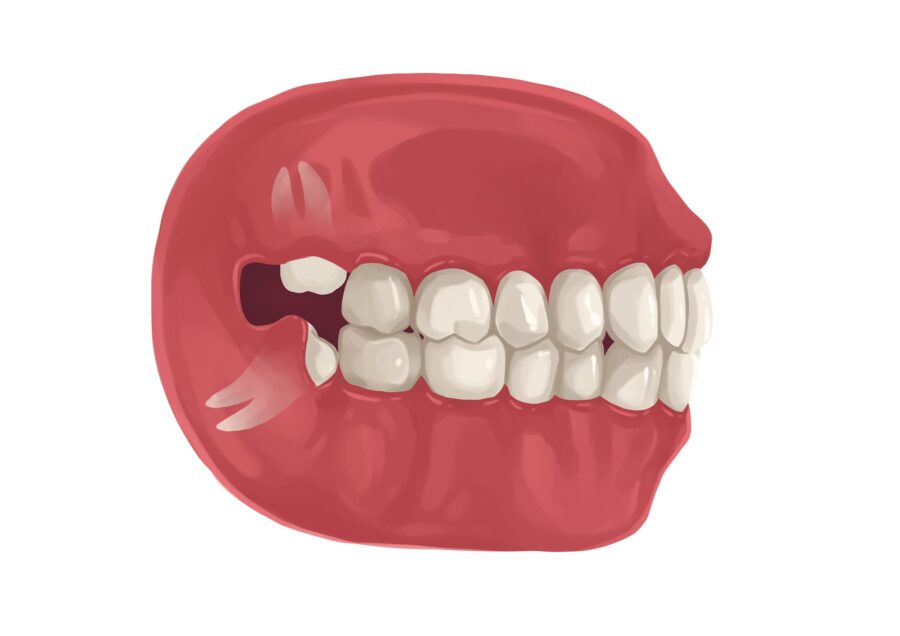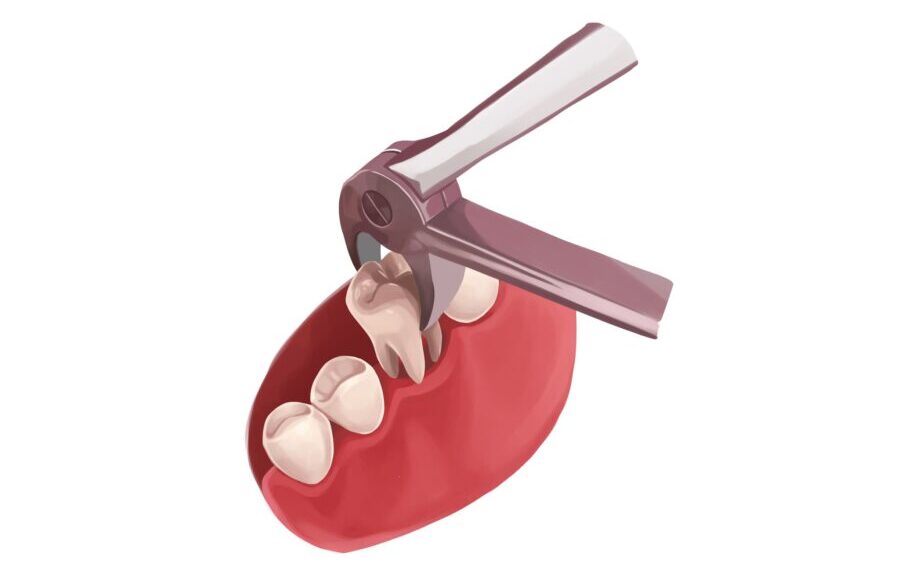Preparing for a root canal may seem daunting, but at Hermitage Dental Group, we’re committed to guiding you through it with some helpful tips. Whether you’re unsure about the pre-procedure do’s and don’ts, or just need some reassurance, we’ve got you covered with expert advice.
Absolutely No Alcohol or Tobacco
Avoid alcohol and tobacco for at least 24 hours before your procedure. These substances can create an oral environment that’s less than ideal for your surgery and increase the risk of complications. Additionally, alcohol can thin your blood, heightening the likelihood and severity of bleeding. Remember to steer clear of these products after your root canal as well.
No All-Nighters or Fasting
It’s essential to arrive for your procedure well-rested and nourished. A good night’s sleep and a nutritious meal can make all the difference in how your body handles the root canal and recovers afterward. Since eating might be uncomfortable post-procedure, a substantial meal beforehand will help you focus on healing.
Don’t Let Your Mind Race
We know root canals have a reputation that can cause anxiety. Despite the horror stories, we’re here to assure you there’s nothing to fear. Modern technology has made root canals comparable to a regular dental filling. While they are a serious procedure, specialists are well equipped to handle them. Knowledge is powerful, so ask us anything that’s on your mind. Understanding the procedure, what to expect, and the tools we use can provide you with the comfort you need.
Quality Dental Care and Root Canal Therapy in Hermitage, TN
If you’re gearing up for a root canal and wondering about the best approach, contact Hermitage Dental Group for more guidance or to schedule an appointment. Our friendly staff is ready to assist you and ensure your visit is as smooth as possible!
Image from Authority Dental under CC 2.0






